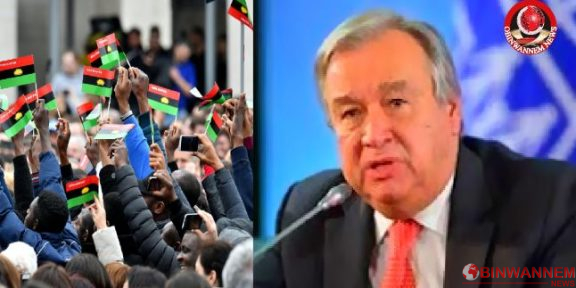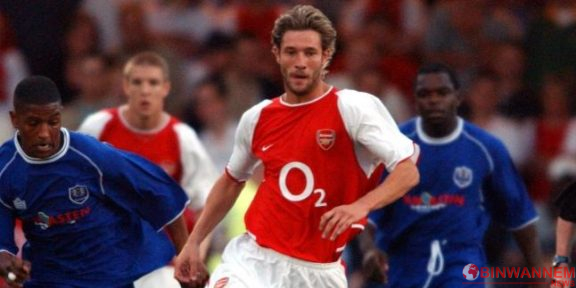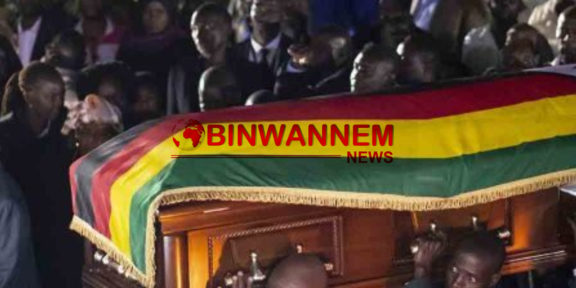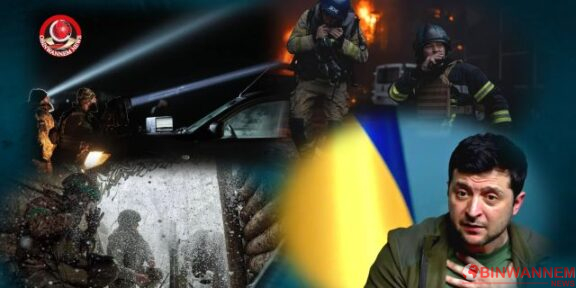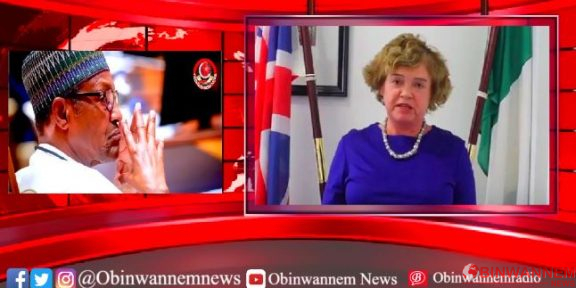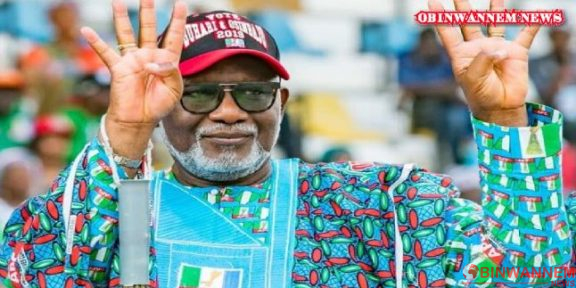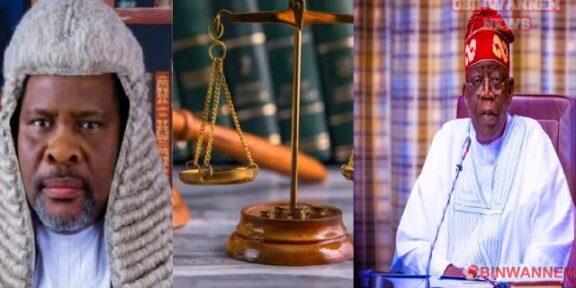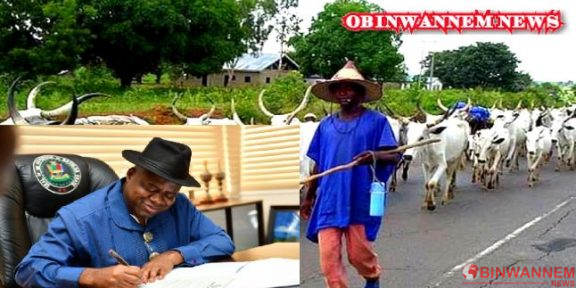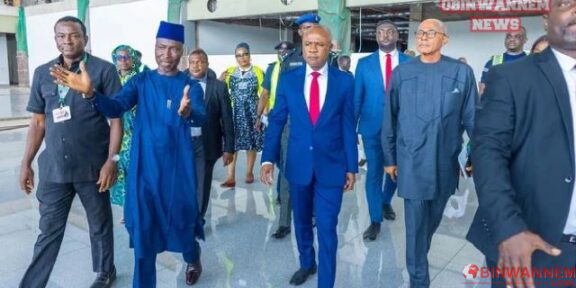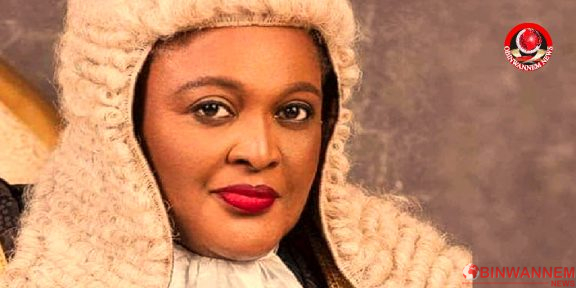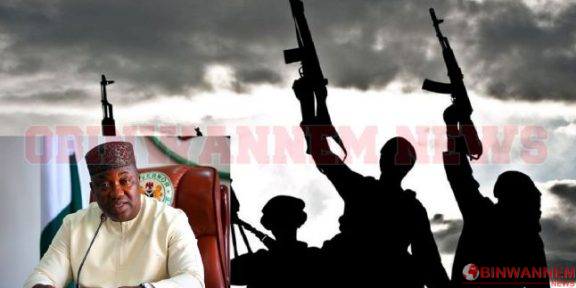Zimbabwean police officers are currently undergoing training in crowd control management to ensure safety of the people and respect for human rights. Police recently made headlines when they blocked public doctors from staging a march, in protest over poor working conditions.
There is now a call for security reform in the country. Zimbabwean police have been accused on many occasions of using excessive force in public control.
Reports by the Human Rights Commission, the Motlanthe Commission of Inquiry and a recent preliminary report by United Nations special rapporteur have all highlighted the heavy handed use of force on the public by security agents.
Civil society and political parties have not been spared. In August police also blocked countrywide marches by the opposition Movement for Democratic Change. “In the new dispensation, you have got the behaviour of the police; they still look as bad as they used to do during Mugabe’s time. They still beat as harshly as they used to do. Currently they don’t even buy from stores where there are rubber bullets, they use live bullets.
Every time they shoot someone is dying, every time they shoot they are damaging something, there is no restraint, there is maximum harm on individuals and no accountability to the people who would have done that,” says MDC Alliance’s Jacob Mafume.
According to the Zimbabwe Human Rights Non-Governmental Organisation Forum (ZHRNGOF) , security forces fired live ammunition, killing 17 people and injuring dozens during the nationwide fuel hike protest earlier this year.
There were also reports of women who were raped by state agents. Government has been called to act on these reports.
“It seems that there is a lot of stalling of the process and it might just assist in-terms of that process being moved forward. Since January of this year we have recorded at least 67 cases of alleged abductions. These abductions are a clear contravention of constitutionally guaranteed rights,” says Chairperson of ZHRNGOF Jestina Mukoko.
Recently Zimbabwean police defied a court order by preventing leader of the doctors union, Peter Magombeyi, from travelling to South Africa to seek medical care. “Everyone is entitled to withdraw their labour rights and what is government’s response to that, government is not sitting down to listen to the grievances; instead it is behaving exactly as the first republic did by suspending, firing and all, basically disrespecting the constitution by not ensuring that they are giving the opportunity to really exercise the rights that the constitution says they have,” says Human Rights lawyer and defender Beatrice Mtetwa.
In its defence, government says it is facing serious financial challenges due to the economic situation in the country. “Notwithstanding government has faced many challenges in trying to fulfill its human rights mandate, the major one being inadequate funding for the human rights institutions. Since coming into power the new dispensation has committed itself to opening up democratic space and ensuring the enjoyment of fundamental rights by all.
To ensure the safety of our citizens and to guarantee the safety for their rights, police are being retrained on respect for human rights and even their curricular is being looked into so that it conforms to government thrust on promotion and protection of human rights,” says Minister of Justice Ziyambi Ziyambi.
Zanu PF’s Christopher Mutsvangwa has thanked the South African government for playing a role in retraining of Zimbabwean police.
“South Africa has done its neighbour Zimbabwe a fantastic job and if you consider what happened in January and earlier on in August and what happened recently there is a world of difference, ambassador that’s what neighbours do to their friends when there are challenges. We really appreciate what South Africa is doing to help retrain our police; it has suffered under sanctions like many other aspects of our defence and security. We are more than neighbours, we have acquired a political soul.”
The Zimbabwean government says it will increase efforts to expedite the reform processes and capacitate human rights institutions in the country.
Read more here>>>>http://www.sabcnews.com



